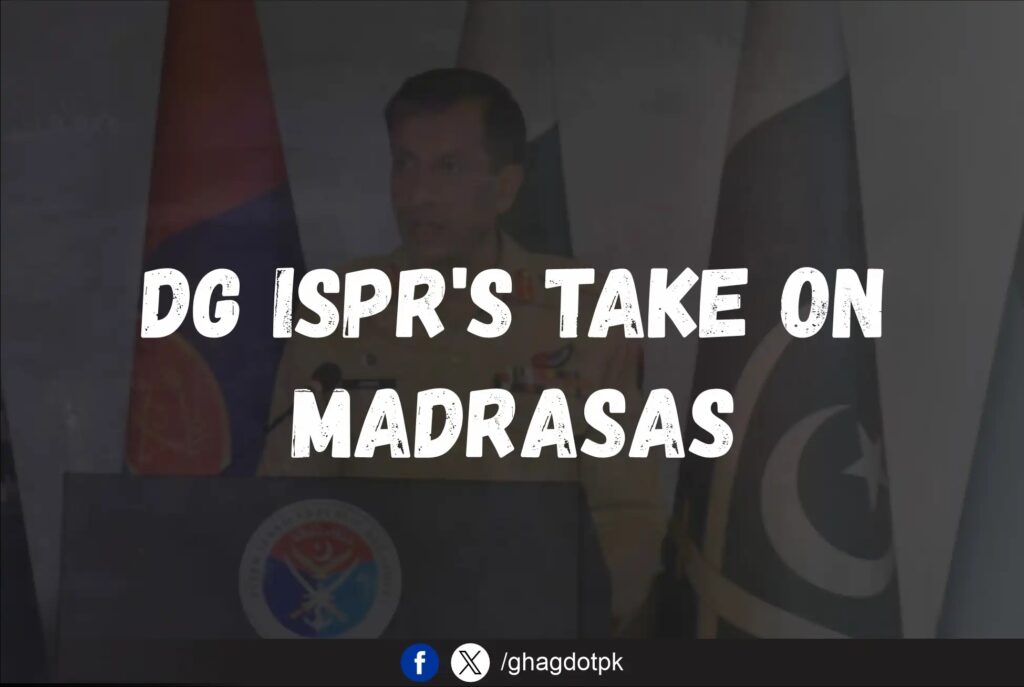DG ISPR’s recent press conference regarding madrasas’ statistics was merely a reiteration of the issue highlighted since the early 2000s, when the registration process began, and emphasized again in the National Action Plan 2014 and the revised National Action Plan 2021. However, to understand the issue of madrasas’ registration, it’s essential to know some facts:
It is often claimed that Pakistani madrasas are praised at the international level, but the reality is the opposite. At the international level, many countries raise several questions and criticisms about Pakistani madrasas. Very few Pakistani madrasas are recognized globally. In contrast, wherever madrasas exist in the world, a system of checks and balances is in place by the governments of those countries.
According to the report published by NACTA (National Counter Terrorism Authority), only 51.9% of madrasas in Pakistan are registered.
If madrasas and their administration are so confident about their transparency, then what are they trying to hide regarding their funding and activities? It’s also essential to investigate how many madrasas have legally acquired land for their purpose.
The state is attempting to bring madrasas into the mainstream education system and provide equal opportunities for their students to secure a better future. If madrasas have a well-established and disciplined network, then they should not have any issue with registering and mainstreaming themselves.
The Government of Pakistan established the Ministry of Auqaf and declared the highest degree of madrasas equivalent to an MA degree. Additionally, the Dars-e-Nizami group was introduced at the secondary school certificate and higher secondary school certificate levels.
According to the DGRE report, out of approximately 49,000 madrasas, only 25,000 are registered with their respective Maslak boards/federations, meaning that only 51.9% of madrasa students/teachers are recorded across all boards.
We should know that Pakistan was created in the name of Islam. Islam does not teach us to hide facts, but to face them openly. Registering madrasas does not mean targeting them, but rather bringing them into the mainstream and providing equal opportunities for better education and development.
Notably, defense expenditures are not hidden from anyone; they are not concealed in the budget and can be compared with any country’s defense budget. 1834 million rupees were given to madrasas for modern education, training, and workshops. If the government asks for details on how this fund was spent, it has every right to do so.
Registering madrasas, providing modern education to their students, opening bank accounts, procedural admission of foreign students through visa policies, and introducing a single national curriculum are not hidden agendas against madrasas. However, some elements are using these students to create law and order situations. What happened in Bannu in the name of the peace march was not a policy protest, but looting. Videos circulating on social media reveal the facts. Nowhere in the world do people loot their protectors in protest.
It is crucial that if we stay within constitutional limits, strict adherence to national laws will be the starting point. Law enforcement agencies are repeatedly emphasizing the importance of registering all madrasas while complying with national laws and ensuring implementation of the agreed-upon matters.






